
A medical worker prepares to take a swab sample from a resident for nucleic acid test at a testing site in Chaoyang district of Beijing, on May 9, 2022. (Photo/Xinhua)
Beijing reported a new COVID-19 cluster with 21 infections from a workplace, adding uncertainty to the trends in the city's latest outbreak, a senior official said on Monday.
"By Monday afternoon, the confirmed cases of the new cluster included 17 employees, and the remaining four people were their family members," Pang Xinghuo, deputy director of the Beijing Center for Disease Prevention and Control, said at a news conference on Monday.
"The cluster has a large scale, with the confirmed cases involving a wide range of locations in the city, including the districts of Shunyi, Haidian, Fengtai, Chaoyang, Tongzhou and Changping," she added. "New clusters from the communities are the biggest risk for control and prevention work."
Zhang Yanlin, deputy head of Shunyi district, said the new cluster mainly occurred in a data center of the Beijing Rural Commercial Bank in the district.
By 4 pm on Monday, the district had identified 915 close contacts of the new patients and all control measures had been undertaken. Up to 14 residential communities in Shunyi and the building of the data center were designated as precautionary zones, he said.
People in Shunyi should work from home or commute only between their home and workplace to cut the infection risks, Zhang said. Similar to measures in Chaoyang, Shunyi will also make adjustments on public transportation to reduce traffic and crowds, he added.
Beijing reported 50 new locally transmitted COVID-19 cases in 24 hours starting on Sunday afternoon, bringing the total number of infections to 777 since April 22. Fifteen districts were involved, according to the Beijing Center for Disease Prevention and Control.
Forty-one of the new infections were reported in controlled zones, and nine were found during community testing, which means the chain of transmission at the community level has not been cut completely.
Since Beijing is still facing a severe epidemic situation, the city will continue to take strict measures to curb the virus from spreading, Xu Hejian, the spokesman for the municipal government, said on Monday.
Starting on Thursday, people will be asked to show negative results of nucleic acid tests within 48 hours before entering government institutions, departments, office buildings, supermarkets, hotels and restaurants in the capital, he said.
The Beijing Civil Affairs Bureau announced that couples should bring negative results of nucleic acid tests no older than 48 hours to register for marriage.
Many couples marry on May 20 and 21 as the pronunciation of"520" and "521" is homophonic with "I love you" in Chinese. The bureau suggested that couples should avoid registering on those dates to reduce the risk of infection from being in crowds.
The Beijing Health Commission has decided to conduct another three rounds of mass nucleic acid testing from Tuesday to Thursday for all people living or working in Chaoyang, Shunyi and Fangshan districts in order to quickly identify infection risks.
Beijing subdistricts and counties that have reported COVID-19 cases in the past seven days should conduct the three rounds of testing on those days, said Li Ang, deputy director of the commission.
Due to tighter regulations and to meet the testing needs of residents, the authority announced that starting on Tuesday, six districts-Dongcheng, Xicheng, Fengtai, Shijingshan and Haidian, as well as Chaoyang beginning on Friday-will provide testing service on odd-numbered days, and the rest will offer testing service on even-numbered days.
Given the increasing number of COVID-19 cases, more residential areas were designated as high- and medium-risk areas. As of Monday afternoon, Beijing had 21 high-risk areas for COVID-19 and 35 medium-risk areas.









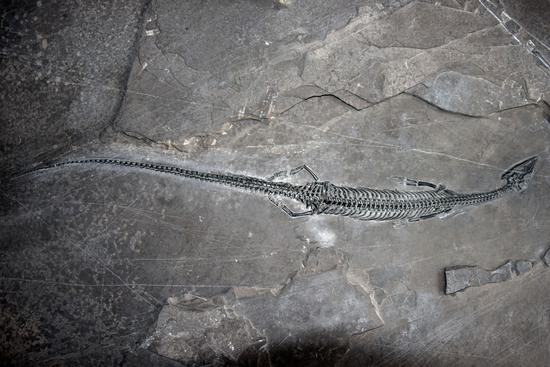

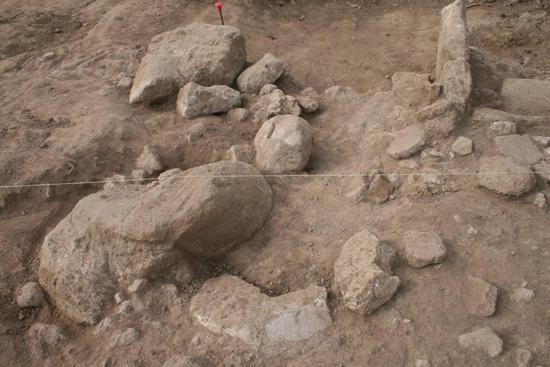

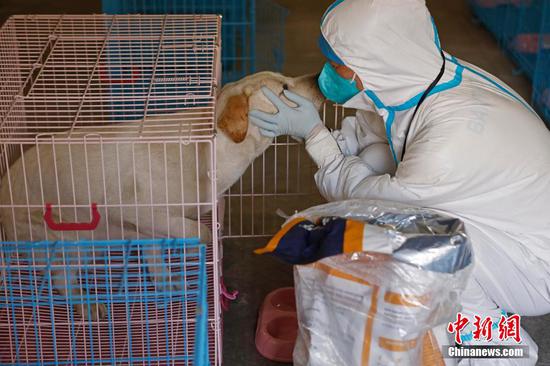
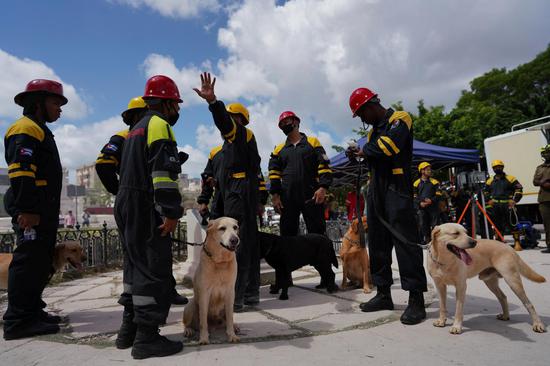



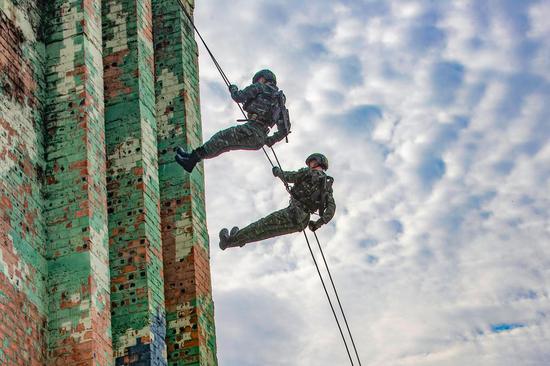
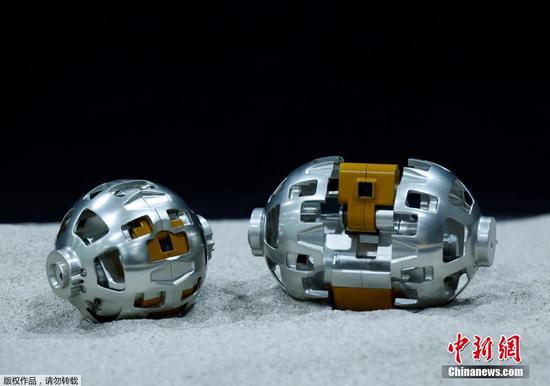




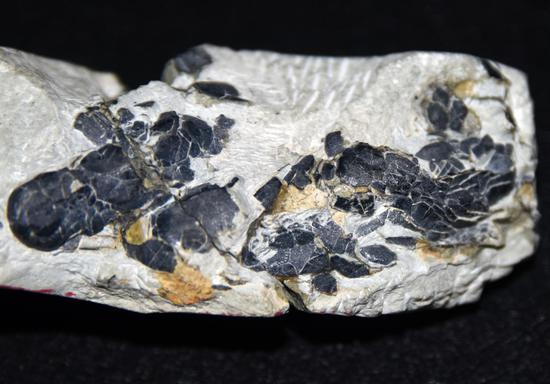
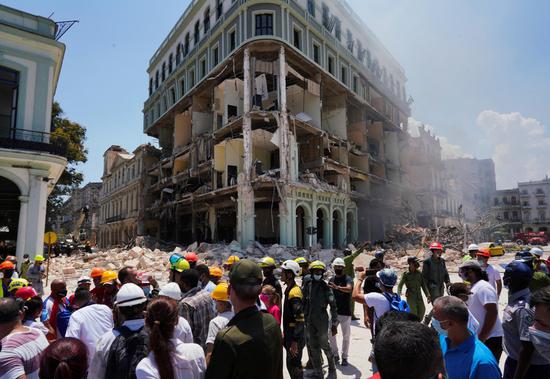
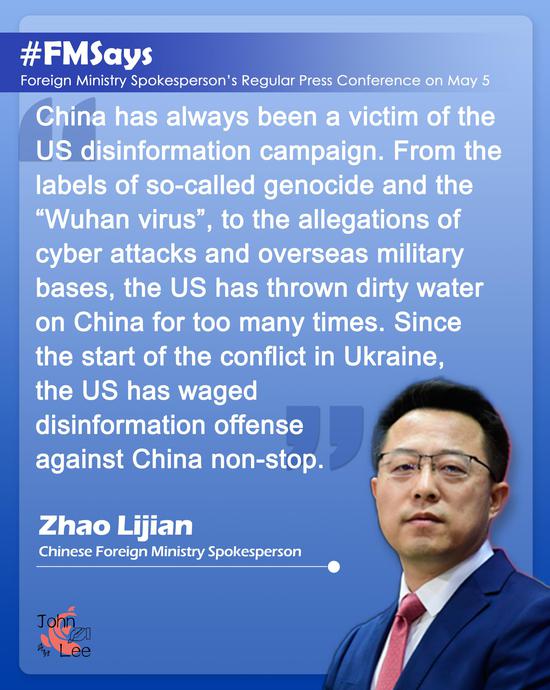



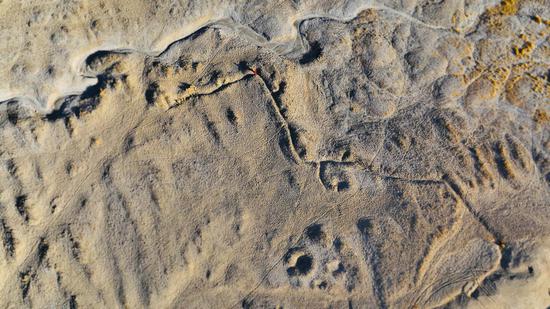

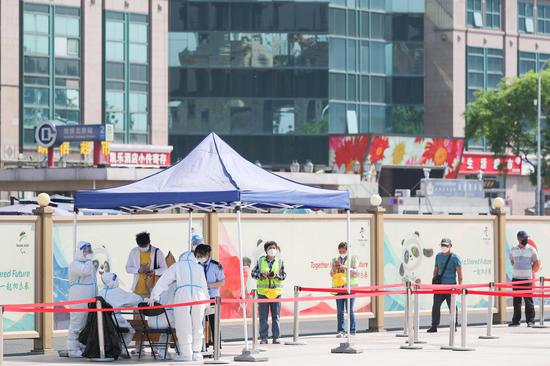
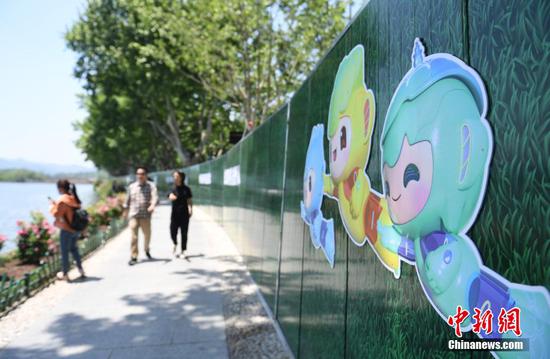

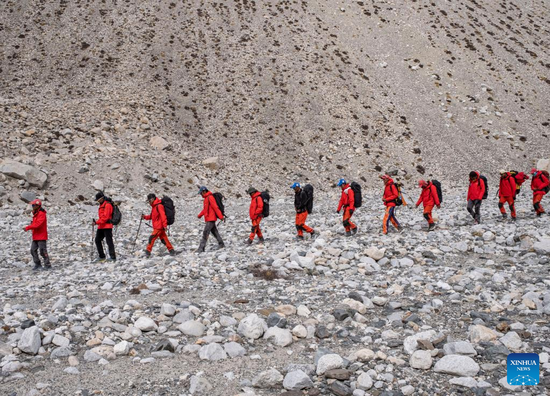


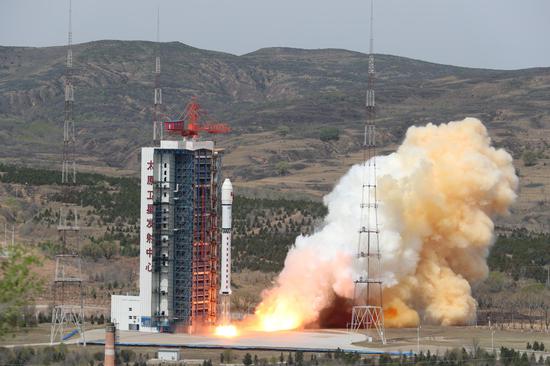
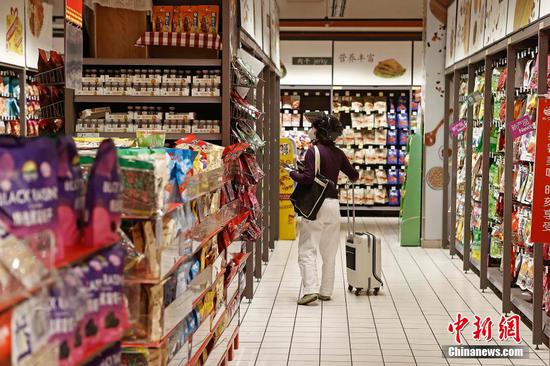
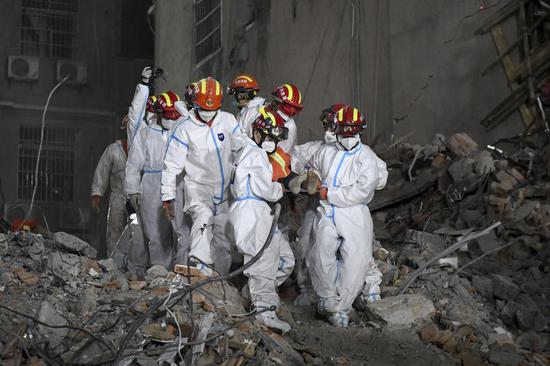

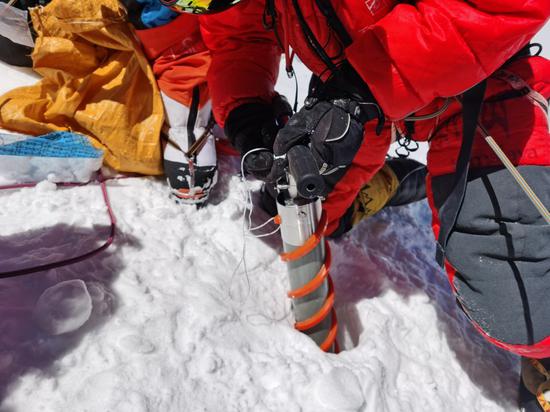







 京公网安备 11010202009201号
京公网安备 11010202009201号
